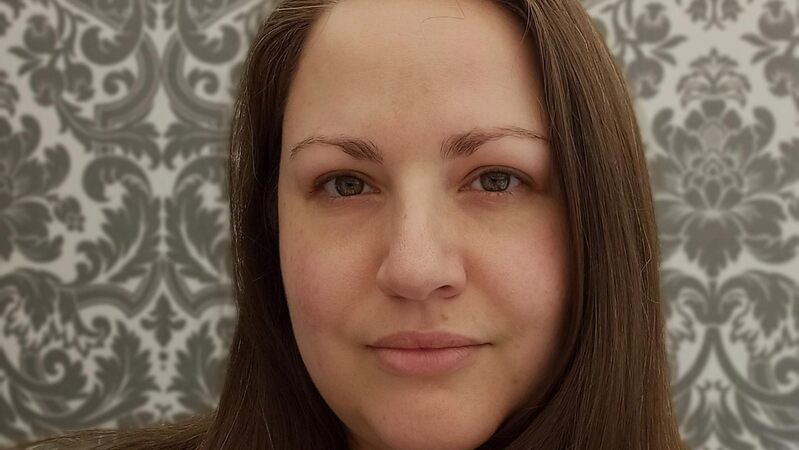You are viewing your 1 free article this month. Login to read more articles.
Armistice Day in London, 1918
I think we must have known the war was nearly over. Anyway, on the morning of 11th November 1918 I was on the day shift and I know we weren't working very hard. At 11 o'clock we heard the maroons going off which was the signal it had ended! We all poured out of the 'cow-shed' and in two shakes of a lamb's tail there were people everywhere, stopping the traffic, clambering over the trams, hanging out of windows, waving flags. I remember seeing the French tricolour and the American 'Stars and Stripes' as well as Union Jacks. We 'choir' girls linked arms and started singing at the tops of our voices. I can't remember what we sang; but we were soon leading a procession all the way down the Grays Inn Road towards Holborn.
In the evening a group of us went up-West. I think it was raining but we didn't care. We ended up in Trafalgar Square which was an absolute sea of people. They'd lit bonfires between the lions at the base of Nelson's column but they weren't dangerous because the crowd was so well-behaved. The glow of the flames shone on people's faces and we sang ‘Keep the Home Fires Burning’ which I think is a lovely tune, though it isn't popular any more. Then somebody would start ‘Land of Hope and Glory’, or ‘It's a Long Way to Tipperary’, or ‘Hello, Hello, Who's your Lady Friend?’ and the sound was like the waves crashing on to a beach.
Young people have since asked me what we felt about the terrible casualties. Lists were printed in local newspapers and pinned up on the notice boards outside town halls. They were divided into ‘Killed’ and ‘Wounded’, officers first, then the other ranks. Particularly during the Somme offensive and Passchendaele there were pages and pages of them and there was often somebody you'd been to school with, or from your street, and sometimes you'd see people breaking down as they scanned the notice boards. But most of us, I suppose, accepted the fearful loss of life as part of a war we had to win as soon as we could. It never entered my head that we wouldn't win. But perhaps, until the Armistice, the Germans felt like that, too.
War Girls – an anthology of poems and prose by women in the First World War – is compiled and presented by Ruth Sillers, and published by Crimson Cats













